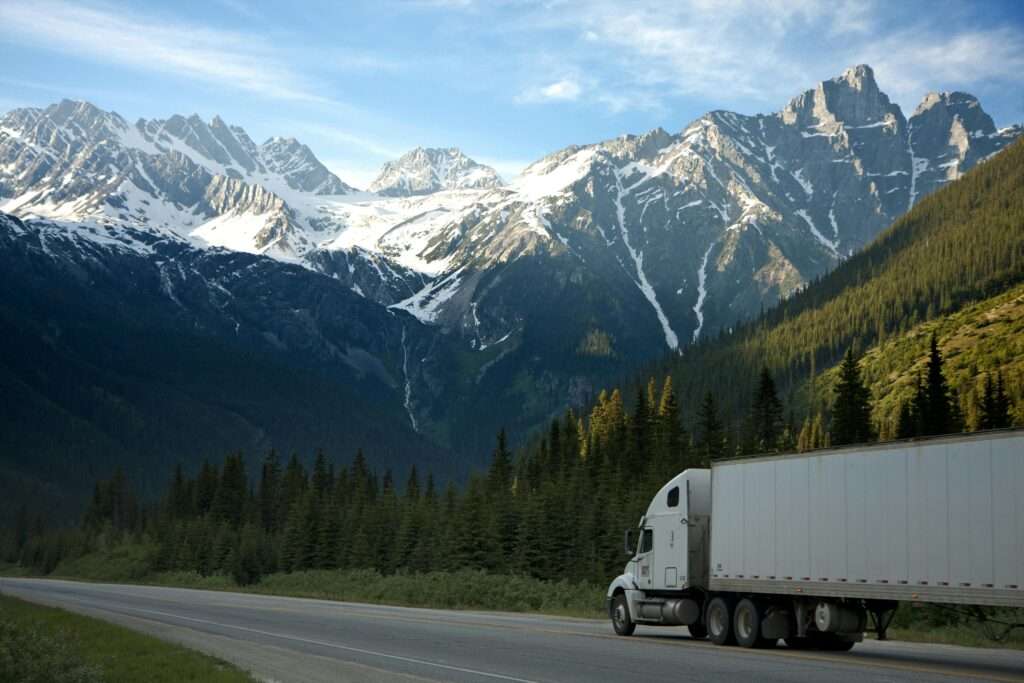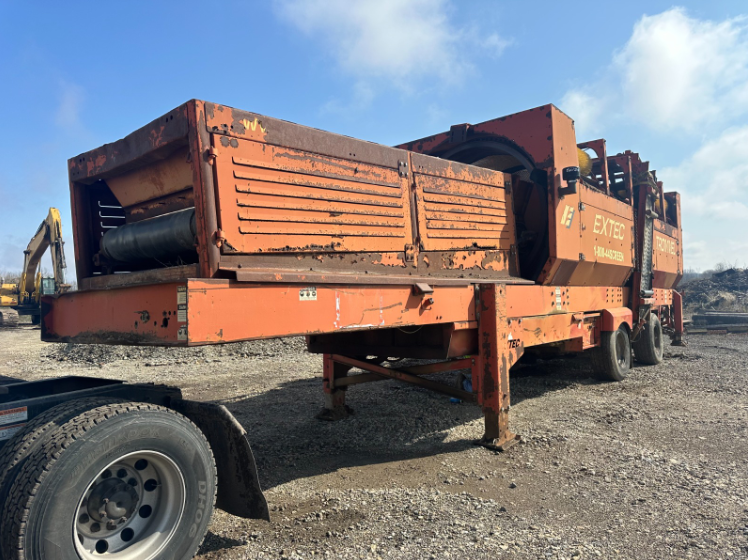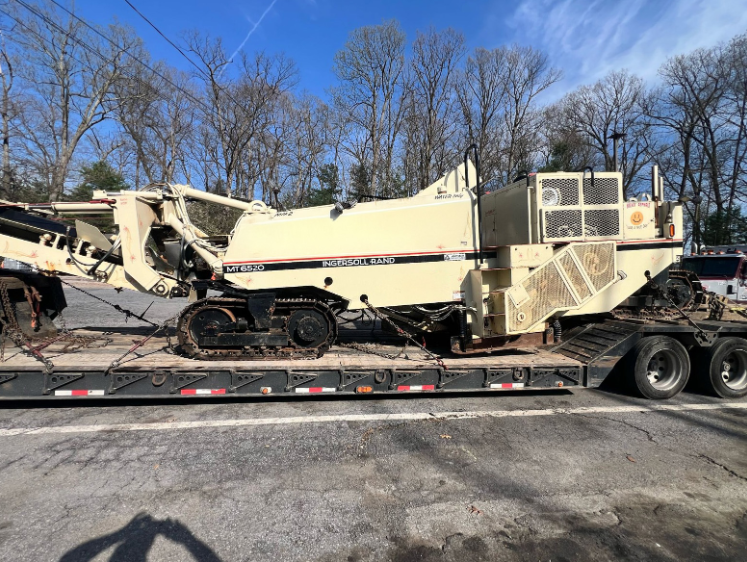Freight Forwarders are starting to take the world by storm. But before jumping ship and starting exporting goods, better read this first.
At a time when globalization plays a more central role in human lives, logistics companies are scrambling to deliver the best user experience possible to capture the ever-expanding market.
STT Logistics’s answer to the growing demand is… Freight Forwarders
I know you have a lot more burning questions about Freight Forwarders. So without further ado, let’s jump right into answering the five biggest questions you may have about Freight Forwarders
THE FIVE QUESTIONS ABOUT FREIGHT FORWARDERS
QUESTION #1 – WHAT’S THE DIFFERENCE BETWEEN FREIGHT FORWARDERS AND SHIPPING COMPANIES
Through partnerships with shipping lines, truck firms, and other businesses, a freight forwarder provides the services required to import and export commodities. An organization that manages cargo ships that transport goods from the load port to the destination port is known as a shipping line.
So, not all shipping lines are freight forwarders, but freight forwarders are some type of shipping.
QUESTION #2 – WHAT DO I NEED IN ORDER TO GET A QUOTE FROM A FREIGHT FORWARDER?
Task 1: KNOW YOUR CARGO DESTINATION ADDRESS
To get a quote for shipping, you will first need to know where your cargo is going known as the Cargo Destination. You may not know the full address yet, but providing the city, state and zip code will give enough information for an accurate quote.
By entering the destination address, it gives information about the distance the cargo will travel. This could have a big impact on the cost estimate. Long distances don’t necessarily mean higher prices and delivery time. This is because of commercial routes.
What do you ship? Make? Devices? unprocessed materials? It’s critical to specify what you wish to ship. We refer to this as a commodity.
Task 2: KNOW YOUR COMMODITY
It is crucial to specify exactly what needs to be shipped so that the shipping business may determine the appropriate freight class code. Your consignment will be issued a National Motor Freight Classification (NMFC) class code based on the freight class, which is a defined classification system for the transportation of goods.
A significant contributor to the cost of your freight shipment is the NMFC class codes. The class code is determined by the density and the susceptibility of the things to harm. Special handling items would require extra attention before shipping and would have a separate class code than
Task 3: Understand Your Shipment’s Weight
To transport boxed or bagged products, just weigh each one separately and put them together. You can measure one and then multiply it by the total number of products you are shipping if you are shipping multiples of the same item. For this, a basic postal scale will serve.
Task 4: Know Your Shipment Dimensions
The freight shipper will be able to identify whether your consignment is LTL or FTL based on its size.
Less-than-load, or LTL, shipping is defined as six pallets or fewer that doesn’t take up much of a freight truck’s capacity. As a result, it’s possible that your shipment may ride in the freight truck with merchandise from other businesses.
This choice is also accessible for transportation using Less than Container Load, or LCL, shipping containers. Full-truck load, or FTL, refers to shipments of large commodities having dimensions that are comparable to seven or more pallets. The freight vehicle would be almost or entirely filled with these items.
You should measure the length, width, and height of the complete package to find your measurements. Measuring the container’s dimensions is all that is required if shipping in an enclosed container.

You might find this article interesting too: How To Find a Top-Notch Logistics Partner
QUESTION #3 – WHAT FREIGHT PROVIDER IS BEST FOR ME?
Freight Forwarder: Freight forwarders, such as STT Logistics, help their clients with the complete supply chain process by arranging the shipping of freight. As the goods travels from Point A to Point B, they can keep it in their warehouses and link freight shippers with freight carriers. They may provide services to a variety of industries, including the construction, aerospace, and pharmaceutical sectors, that need for specialized cargo handling.
Freight Broker:
A freight broker manages the shipping procedure and acts as a liaison between shippers and carriers. In contrast to freight forwarders, they never assume charge of the goods, leaving the shipper in charge of certain facets of the supply chain. Due to their established ties with their carriers, they are able to provide reasonable pricing.
Online freight exchange:
An online freight exchange is a service that lets shippers schedule, dispatch, and track less-than-truckload (LTL) freight on an automated platform. This is a smart business owner’s alternative if they know what kind of shipment they need and don’t mind doing it themselves. Ideal for: Individual shippers or seasoned firm owners that desire total command over the shipping procedure.
Independent Carriers
Shippers have the option to work directly with national or regional carriers as independent carriers. This strategy would result in higher charges for firms that only need to transfer small cargo, while businesses who need to move a big volume can negotiate cheaper rates with the carrier through contracts. Ideal for: Frequent shippers transporting big loads over a certain shipping route or in a particular area.
QUESTION #4 – HOW CAN I SWITCH FROM A SHIPPING COMPANY TO A FREIGHT FORWARDER
Forwarders provide you with all the services needed to move products from origin to destination by utilizing their network of service providers.
A FF subcontracts with other businesses to offer import and export services. For this reason, they maintain business relationships with warehouses, truckers, customs brokers, and any other industry that shippers may require.
Working with FF is particularly beneficial because clients don’t have to waste time looking for pertinent services from many vendors.
However, shipping firms are unable to offer these kinds of value-added services. Their main use is to transfer containers within a ship. Customs clearance and paperwork services remain separate from the cargo tracking process, even though they may follow the shipment from the port to its ultimate destination.
You can ask your trusted shipping agency if they also offer freight forwarding services, if so, how much does it cost and the time of delivery
Typically, freight forwarding firms have a distinct facility where they combine merchandise and cargo. This location, which loads and unloads containers, is frequently referred to as a Container Freight Station (CFS).
It may also be used to hold export goods from many firms in a single container and prepare import goods arriving by ship for distribution.
Since they don’t aggregate products in this manner, shipping businesses and airlines usually don’t have a specific warehouse area like CFS.
QUESTION #5 – DO I REALLY NEED TO SWITCH TO A FREIGHT FORWARDER?
If you want to transport heavy machinery, such as trucks, tractors, or leisure – travel equipment such as yachts, boats, or anything like that, then the answer is YES. If you want to import/export commodities, such as clothes, electronics, skincare products, let’s say, goods in general, then you can evaluate with if the amount and size implies a freight forwarder, or you can keep a shipping agency.
Remember, a Freight Forwarder is for the heavy work! It’s more comfortable and budget-friendlier to hire a Freight Forwarder than a Shipping Agency for this type of export.







